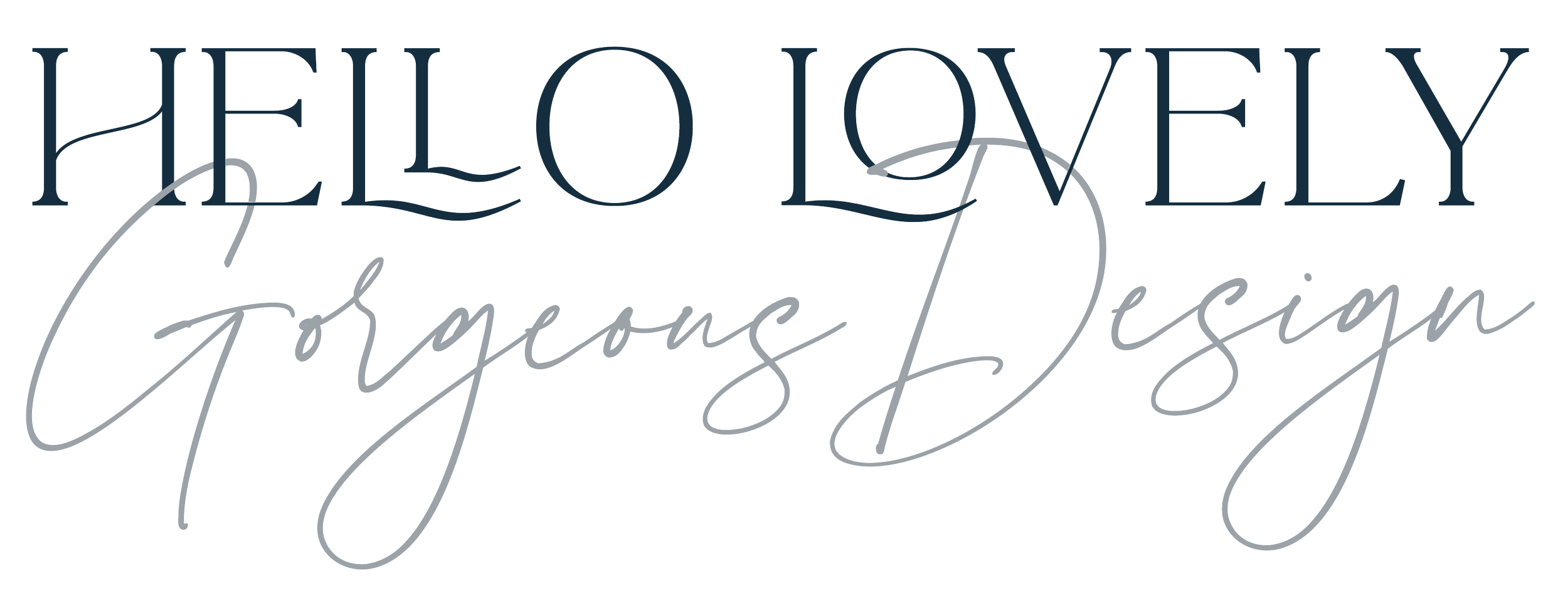Design and ethics
“Exploitative is an adjective that describes someone or something that selfishly takes advantage of someone or a group of people in order to profit from them ”
All products and services have some sort of visual image. It can be a handwritten design, a business card, or a sophisticated digital presence. It maybe that the service contradicts our values or compromises a commitment to a way of life. There might be imagery that’s uncomfortable.
Here’s a few examples from my experience.
I was asked to design a book cover for payment by exposure for a brand new author with no marketing plan or agent. I’m a huge believer in fair wages, and paid my Risha, my work experience student this summer for her time and talent. I declined the word immediately and explained why.
I have been asked to design for an energy company who have been in the news lately for making huge profits. I decided not to submit a proposal.
For history titles, I’ve researched images of conflict and oppression to illustrate stories that need to be told.
Everyone can view exploration in a different way, perception is all. When it is right to turn away business? At what point does paying the bills become more important than ethics?
New designers who are eager to make an impression can be easily caught up in scams. The BBC investigated the story of Madbird, a fake design agency set up by a real person, Ali Ayad. The terms of employment stated that the first six months of work would be commission payment only and the employee transferred to payroll after a trial period. Two unpaid employees found out that the location of the company was a residential block of flats in Kensington and not Madrid as they had been told. The pair informed colleagues via an anonymous email account. Further research shows that the founders (apart from Ayad) were false identities on LinkedIn created using photos from other profiles and stock images. Many sales people and creatives across the world had built up personal debt waiting for their wages when the company hadn’t signed a contract with any of the clients that their staff had sold to.
You might wonder how on earth people got themselves caught up in this. I suggest it’s timing and exploitation. Ayad took advantage of a desperate situation for work as the pandemic loomed and Brexit changed the working rules and created an urgency for visas.
I’d love to say it’s rare but, like ghosting, asking for free work, and sharing the work of others and claiming it as one’s own, happens often. Even the best are approached:
“We don’t do free pitches because we don’t have any free time. Our time is valuable, and I’m not giving away ideas to some prospective client. That’s giving away the most valuable resource you have.”
Takeaway
We may want to set up a code of conduct or ethical policy and make that part of our contract and a visible link on your website. Mine has been very useful.
Make use of online tools such as Companies House website, and social media.
Join or create a trusted network and get a sense check on that instinct.
Working with a variety of clients across different industries makes us less prone to market fluctuations and trends.
Will the final piece sit well in the portfolio?
